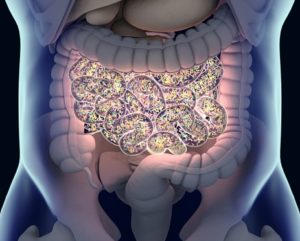Researchers of a recent study looked at Clostridioides difficile (C. difficile) as a significant pathogen causing healthcare-related diarrhea, ranging from mild to life-threatening conditions. Despite preventive measures, community-associated cases are rising. Transmission occurs via spores, leading to toxin production, inflammation, and disruption of tight junctions. Flagellar regulation involves phase variation, gene expression modulation, and influences biofilm formation and immunomodulation, making flagella potential vaccine targets.
Understanding C. difficile’s flagellar function reveals insights into its pathogenicity and therapeutic targets. Flagellar expression variability among strains affects colonization, adhesion, and virulence. While crucial for motility and possibly adhesion, flagella also play roles in biofilm formation and immune modulation. Immunization targeting flagellar components shows promise in animal models, and utilizing flagellin as a vaccine adjuvant enhances antibody responses. Further research into flagellar regulation and immunogenicity is needed to develop effective interventions.
Reference: Marvaud JC, Bouttier S, Saunier J, et al. Clostridioides difficile Flagella. Int J Mol Sci. 2024 Feb 12;25(4):2202. doi: 10.3390/ijms25042202. PMID: 38396876; PMCID: PMC10889297.









